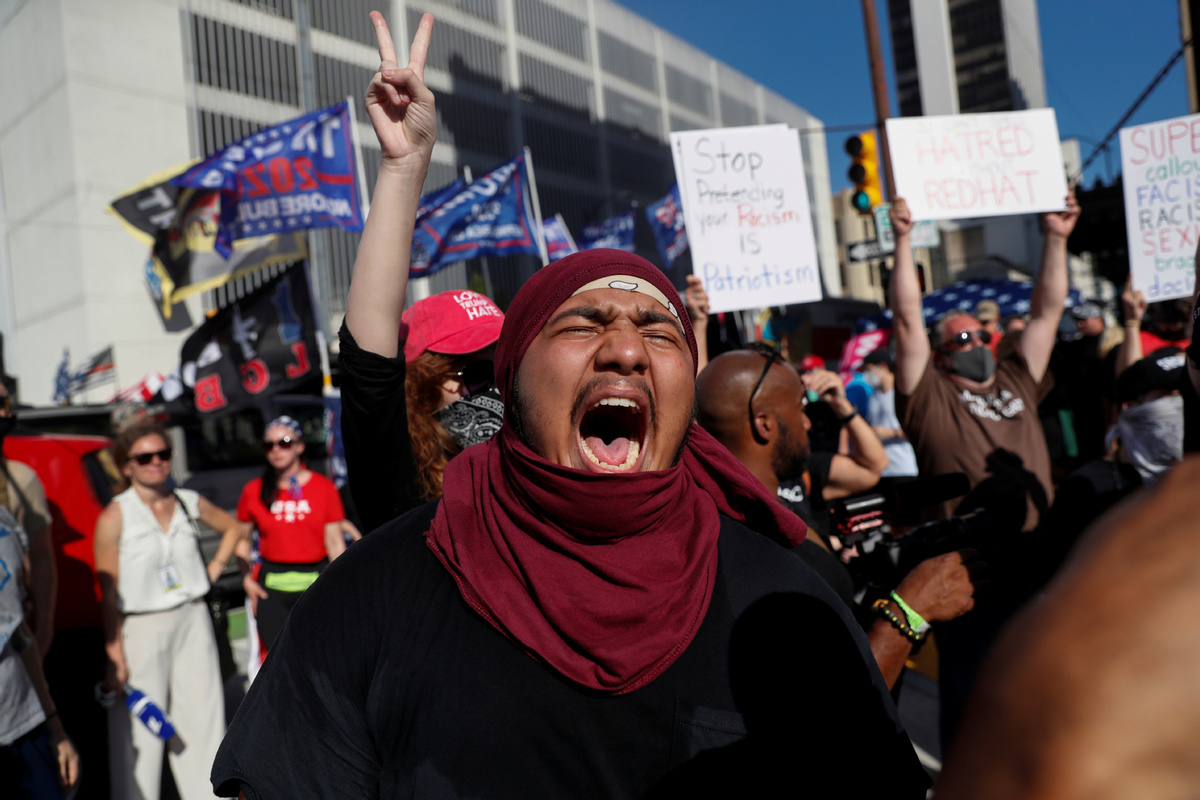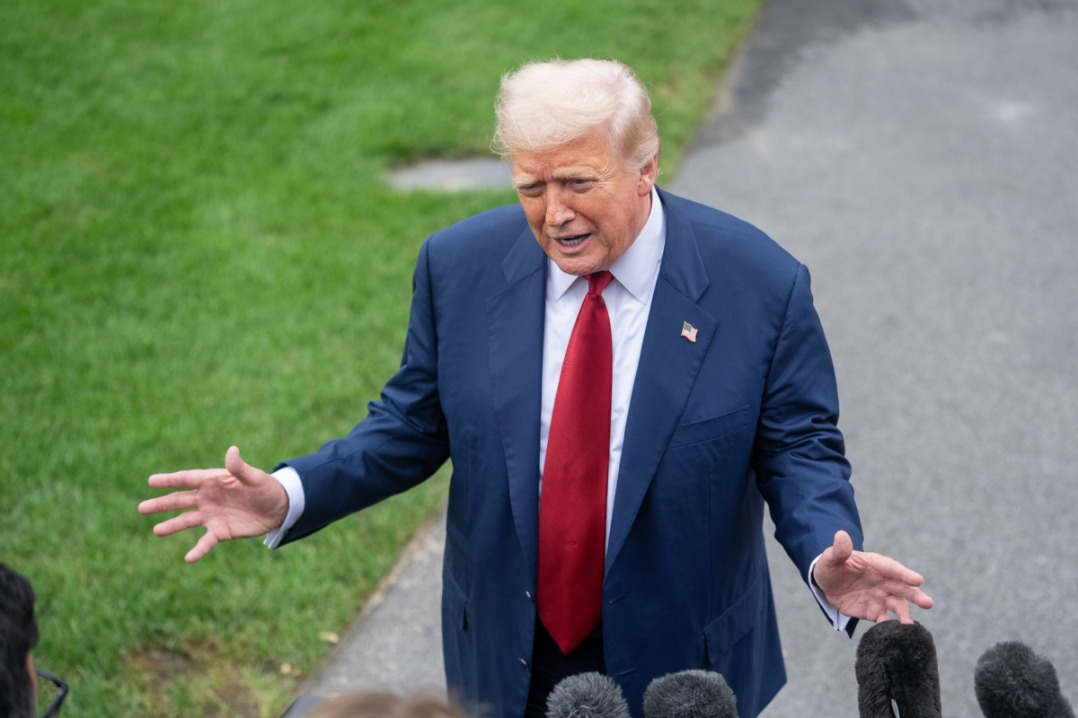The 1921 Tulsa race massacre: An appalling tragedy of systemic racism


On July 13, the city of Tulsa, Oklahoma resumed test excavations of potential unmarked mass graves from the 1921 Tulsa Race Massacre, as reported by many US media outlets including the Cable News Network (CNN), the American Broadcasting Company (ABC), The New York Times and The Houston Chronicle.
The 1921 Tulsa race massacre: Buried history
The excavation project is initiated by the local authorities and unveils a dusty chapter of history.
On May 31 and June 1 in 1921, tensions boiled over when a black man named Dick Rowland was accused of assaulting a white woman named Sarah Page in an elevator. A mob of White rioters looted and burned Tulsa's Black Greenwood district, known as Black Wall Street, to the ground, and used planes to drop projectiles on it. Historians, bolstered by eyewitness and descendant accounts, estimate as many as 300 people died and about 35 city blocks were burned. More than 10,000 African Americans were left homeless, according to the Greenwood Cultural Center, and more than 1250 houses and 2,000 businesses were destroyed.
In the years that followed, Tulsa city and business leaders engaged in a "concerted cover-up" to hide the truth about the massacre, said Tulsa Mayor G.T. Bynum. No one was ever accused, charged, convicted. The massacre was largely unacknowledged and absent from history books. It was not until 1996 that a bipartisan group in the state legislature authorized the formation of the Oklahoma Commission to Study the Tulsa Race Riot of 1921.
However, truth will out. "It should not have taken us 99 years to get to this point of the investigation. But this generation of Tulsans is committed to being a better city, and to doing right by the victims. We will follow the truth where it leads us," Bynum said.
Ethnic minorities: Biggest victims of COVID-19
Since the outbreak of COVID-19, rising social tensions and unequal allocation of limited resources have further intensified the discrimination against ethnic minorities in the US society.
The report of US Centers for Disease Control and Prevention reveals that, long-standing systemic health and social inequities have put some members of racial and ethnic minority groups at increased risk of getting COVID-19. Among racial and ethnic minority groups, evidence points to higher rates of hospitalization or death from COVID-19 than among white persons.
For instance, as of April 2, Michigan's African-Americans, who make up just 12 percent of the state's population, accounted for 40 percent of the deaths. Similarly, as of May 13, the rates were 5.7 percent and 29.7 percent in Kansas, 14.1 percent and 30.3 percent in Illinois, and 11.6 percent and 35.1 percent in Missouri.
As of June 12, age-adjusted hospitalization rates are highest among non-Hispanic American Indian or Alaska Native and non-Hispanic black persons, followed by Hispanic or Latino persons. Non-Hispanic black persons have a rate approximately 5 times that of non-Hispanic white persons. Non-Hispanic American Indian or Alaska Native persons have a rate approximately 5 times that of non-Hispanic white persons. Hispanic or Latino persons have a rate approximately 4 times that of non-Hispanic white persons.
Systemic racism in the US
The 1921 Tulsa Race Massacre is an example of the appalling racism in the history of the United States. This year marks the 99th anniversary of the massacre at a time of nationwide protests and upheaval over the killing of George Floyd.
Racism is a long-standing and systemic malaise in American society. According to a Pew Research Center survey titled Race in America 2019, more than four-in-ten say the country hasn't made enough progress toward racial equality. About 76 percent of African descendants and Asians and 58 percent of Hispanics say they have experienced discrimination or have been treated unfairly because of their race or ethnicity at least from time to time. A total of 53 percent of the surveyed says race relations are getting worse. Most African descendants (73 percent), Hispanics (69 percent) and Asians (65 percent) say the current administration has made race relations worse, compared with about half of whites (49 percent). About two thirds of the respondents say people of African descent are treated unfairly by the criminal justice system and in dealing with police.
More than 200 years ago, The Declaration of Independence was signed. It says that all men are created equal and they are endowed by their Creator with certain unalienable rights, among which are life, Liberty and the pursuit of happiness. More than 200 years later, American people are still struggling for equality and their rights of life.
Facing a resurgence of white supremacism and rising racism, the US government should focus on solving its own problems and put people's lives first, rather than making groundless accusations and smearing other countries. The bell of justice has not yet rung, but it will.
The author is an international affairs analyst.
Today's Top News
- Unified national market a new growth launchpad
- US deal a structural challenge for Japan
- Industrial prowess of China a subject of serious study
- US new tariffs 'unfair': Experts
- NDRC recalibrating steps to drive growth, boost demand
- Wartime hero's legacy fortifies Sino-UK bond






























